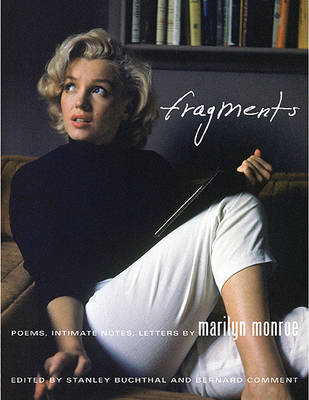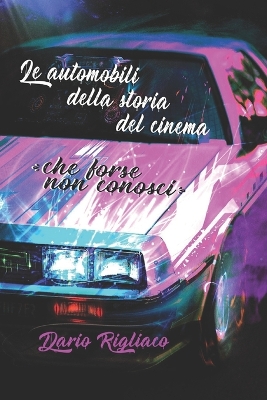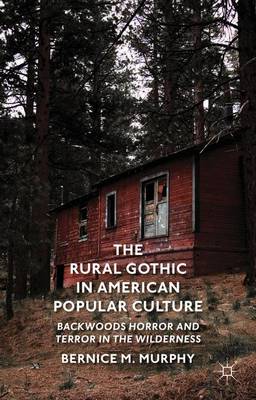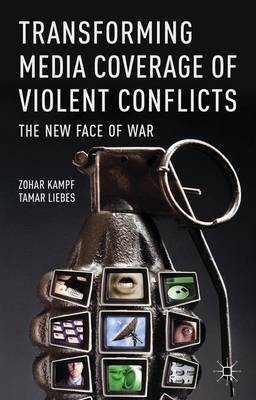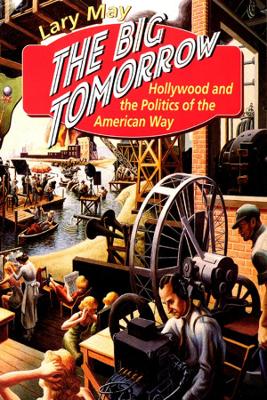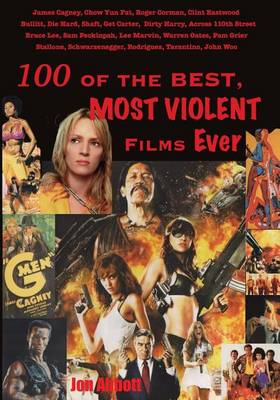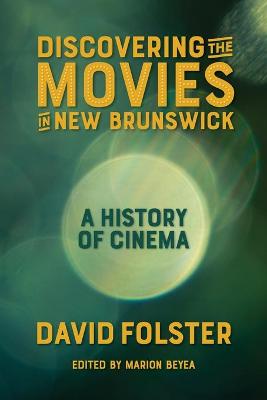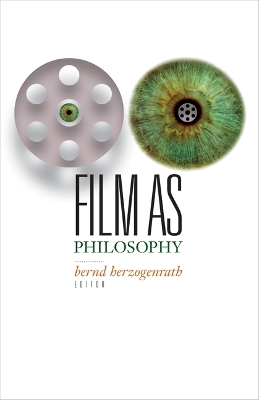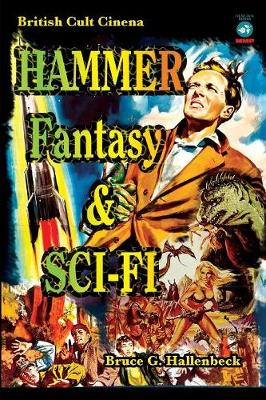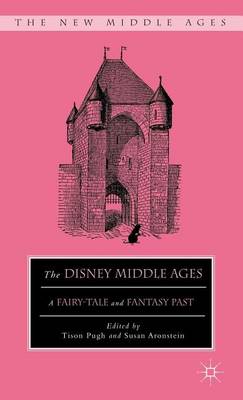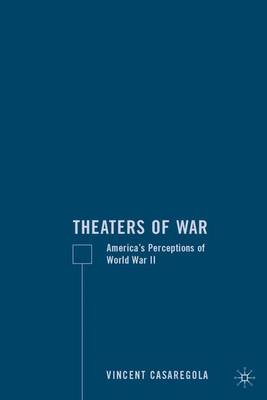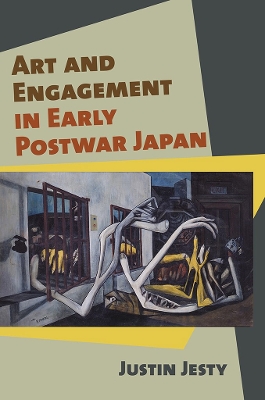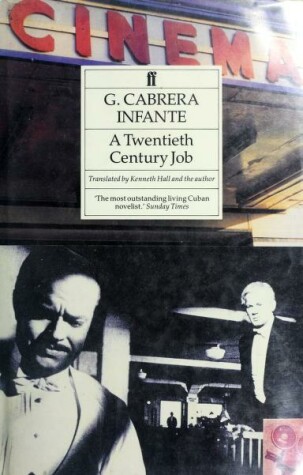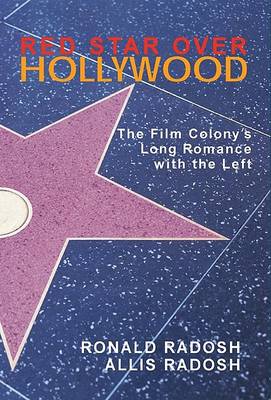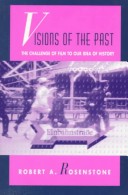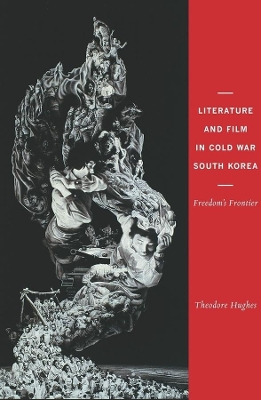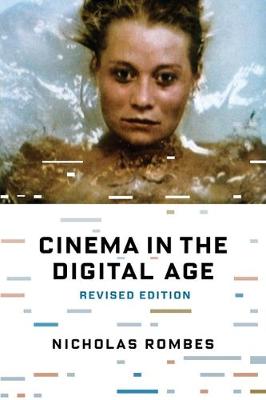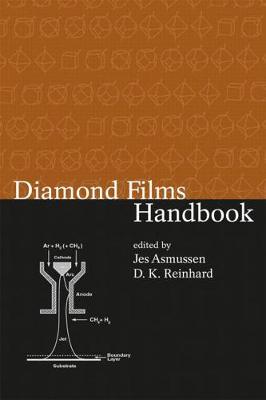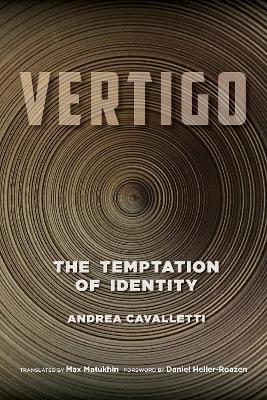Film and Television Stardom examines film and television stars as a collectively complex, intriguing social phenomenon from the early twentieth century to the present day. Its range of topics includes (but is certainly not limited to) the emergence and historical development of the star system, silent-film stardom, stardom and media spectatorship, stardom and consumption, stardom and the paparazzi, reality-television "stars," stars in the news, and studies of individual stars. In addition to pro...
At the centre of Tarkovsky's oeuvre, _Mirror_ is his most complex and autobiographical film. It stretches the viewer by moving without apparent effort between past, present and imagined realities, in a series of episodes which observe neither plot nor overt logic. The film reconstructs and records iconic memories and deep emotional impressions in the life of an individual, a nation and an era. Audience reaction to 'Mirror' was overwhelming and it came to represent a watershed in many people's l...
Dennis Potter: Between Two Worlds: A Critical Reassessment
by Glen Creeber
From the very beginnings of an independent literary culture, the North American wilderness has often served as the setting for narratives in which the boundaries between order and chaos, savagery and civilization are torn down, and the natural world - as well as the individuals and creatures associated with it - becomes a threat to physical and moral safety. The Rural Gothic in American Popular Culture argues that complex and often negative initial responses early European settlers expressed tow...
What links the interviews with Saddam Hussein and Mahmoud Ahmadinejad on British and American TV, the chase of journalists following mega-terrorists, and the new status conferred on ordinary people at war? Transforming Media Coverage of Violent Conflicts offers a timely and original discussion on the shift in war journalism in recent years.
In a revealing book showing the startling connections between national politics and Hollywood movies, Lary May offers a bold, fresh interpretation of American culture from the New Deal through the Cold War. Many still believe that Depression-era films served merely as a distraction from "real problems". However, May shows that many of these movies were part of a cultural dialogue that reinvigorated a democratic spirit, creating an alternative vision of the nation. Audiences desired to find a new...
Film and philosophy have much in common, and books have been written on film and philosophy. But can films be, or do, philosophy? Can they “think”? Film as Philosophy is the first book to explore this fascinating question historically, thematically, and methodically. Bringing together leading scholars from universities across the globe, Film as Philosophy presents major new research that leads film studies and philosophy into a productive dialogue. It provides a uniquely sweeping, historical ov...
Disney Middle Ages, The: A Fairy-Tale and Fantasy Past (New Middle Ages)
by Professor Tison Pugh
Historian Vincent Casaregola examines the portrayal of WWII in popular culture and how that protrayal has changed over time. By examining WWII films, literature, theatre and art from the Cold War era, the Vietnam War, the Reagan years, and present day, he seeks to understnad the part played by current politics, events and conflicts.
Justin Jesty’s Art and Engagement in Early Postwar Japan reframes the history of art and its politics in Japan post-1945. This fascinating cultural history addresses our broad understanding of the immediate postwar era moving toward the Cold War and subsequent consolidations of political and cultural life. At the same time, Jesty delves into an examination of the relationship between art and politics that approaches art as a mode of intervention, but he moves beyond the idea that the artwork or...
This is the autobiography of G. Cabrera Infante, recognized as one of the most original Latin American writers. He has written novels, stories, critical essays, articles and screenplays and has lectured at universities from Cambridge to Chicago, and grew up in Cuba under the dictator Batista, knew Guevara and Fidel Castro personally and now lives in England as an exile. He is the author of "Three Trapped Tigers", "Infante's Inferno", "Holy Smoke" and "View of Dawn in the Tropics".
Until now, Hollywood's political history has been dominated by a steady stream of films and memoirs decrying the nightmare of the Red Scare. But Ronald and Allis Radosh show that the real drama of that era lay in the story of the movie stars, directors and especially screenwriters who joined the Communist Party or traveled in its orbit, and made the Party the focus of their political and social lives. The authors' most controversial discovery is that during the investigations of the House Commit...
Can filmed history measure up to written history? What happens to history when it is recorded in images, rather than words? Can images convey ideas and information that lie beyond words? Taking on these questions, Robert Rosenstone offers a direction in the relationship between history and film. Rosenstone moves beyond traditional approaches, which examine the history of film as art and industry, or view films as texts reflecting their specific cultural contexts. This essay collection makes a ve...
Korean writers and filmmakers crossed literary and visual cultures in multilayered ways under Japanese colonial rule (1910-1945). Taking advantage of new modes and media that emerged in the early twentieth century, these artists sought subtle strategies for representing the realities of colonialism and global modernity. Theodore Hughes begins by unpacking the relations among literature, film, and art in Korea's colonial period, paying particular attention to the emerging proletarian movement, li...
Reading philosophy through the lens of Alfred Hitchcock’s Vertigo, Andrea Cavalletti shows why, for two centuries, major philosophers have come to think of vertigo as intrinsically part of philosophy itself. Fear of the void, terror of heights: everyone knows what acrophobia is, and many suffer from it. Before Freud, the so-called “sciences of the mind” reserved a place of honor for vertigo in the domain of mental pathologies. The fear of falling—which is also the fear of giving in to the tempta...
